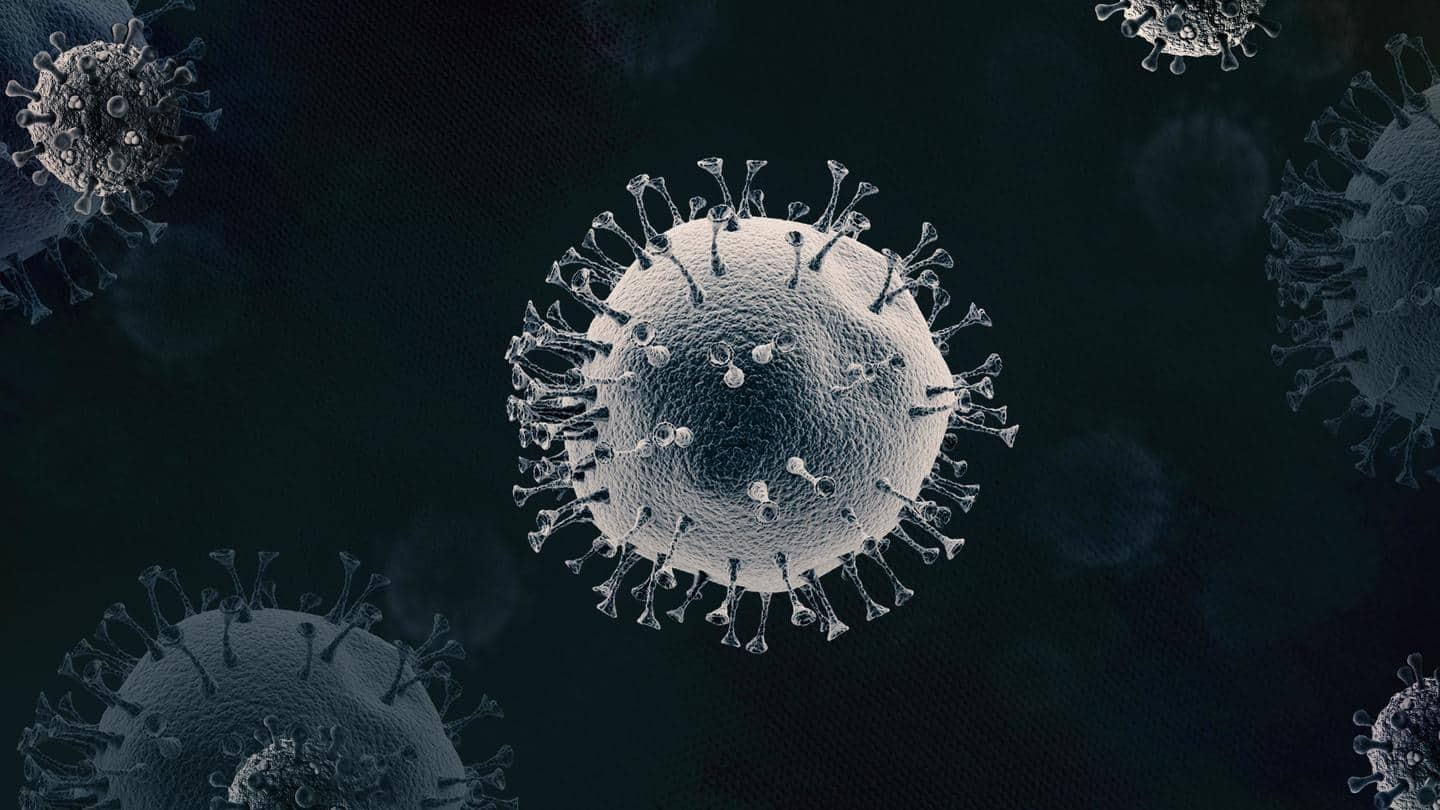
Omicron: Scientists issue warning; US reports first case
What's the story
Scientists in South Africa warned it is too early to conclude the Omicron variant will only cause mild illness.
Omicron is a new strain of coronavirus most prevalent in South Africa.
Meanwhile, the variant has spread to more countries including the United States and South Korea.
Here are more details on this.
Context
Why does it matter?
The fresh developments highlight the pandemic is far from over and the world must act fast to contain the new threat.
They are also a bad sign for global and local economies which are still recovering from the harrowing impact of the outbreaks caused by the Delta variant.
Experts say Omicron is heavily mutated and could be even more transmissible than Delta.
Details
Virus has mostly affected young people so far: Experts
The actual impact of Omicron is hard to determine at this point because it has so far mostly affected young people who generally have stronger immunity, scientists said.
Further, people tend to become sicker after carrying the virus for some time, the experts told lawmakers on Wednesday.
"We are also expecting that the more severe complications may not present themselves for a few weeks."
Quote
'It can still find vulnerable people'
"If this virus and this variant spreads very efficiently through the population, then it will still be able to find those people in the population who are unvaccinated and may be unprotected against severe disease," Richard Lessells of the KRISP genomics institute said.
"That's what also concerns us when we think about the continent more generally."
Spread
US, other countries report first cases
The US has confirmed its first case of Omicron.
The infected person had returned from South Africa on November 22 and tested positive on November 29.
They were fully vaccinated but did not receive any booster dose.
The World Health Organisation (WHO) said the strain has reached 23 nations including Nigeria, South Korea, Portugal, and Sweden, among others.
India
Is India ready for a possible third wave?
There are concerns if India can battle a possible third wave of the pandemic in the wake of the Omicron threat.
India had notably witnessed a devastating second wave of COVID-19 earlier this year.
Several states have since ramped up vaccination and availability of hospital beds and medical oxygen.
But experts say much more needs to be done at both central and local levels.
Strain
What do we know about Omicron?
Omicron—whose scientific name is B.1.1.529—has some 50 mutations including more than 30 in its key spike protein alone.
The strain may be more transmissible, however, more studies are required to establish the same.
Symptoms in people carrying the variant in South Africa were said to be "mild."
Studies are on to determine the efficacy of existing COVID-19 tests, vaccines, and treatment against Omicron.